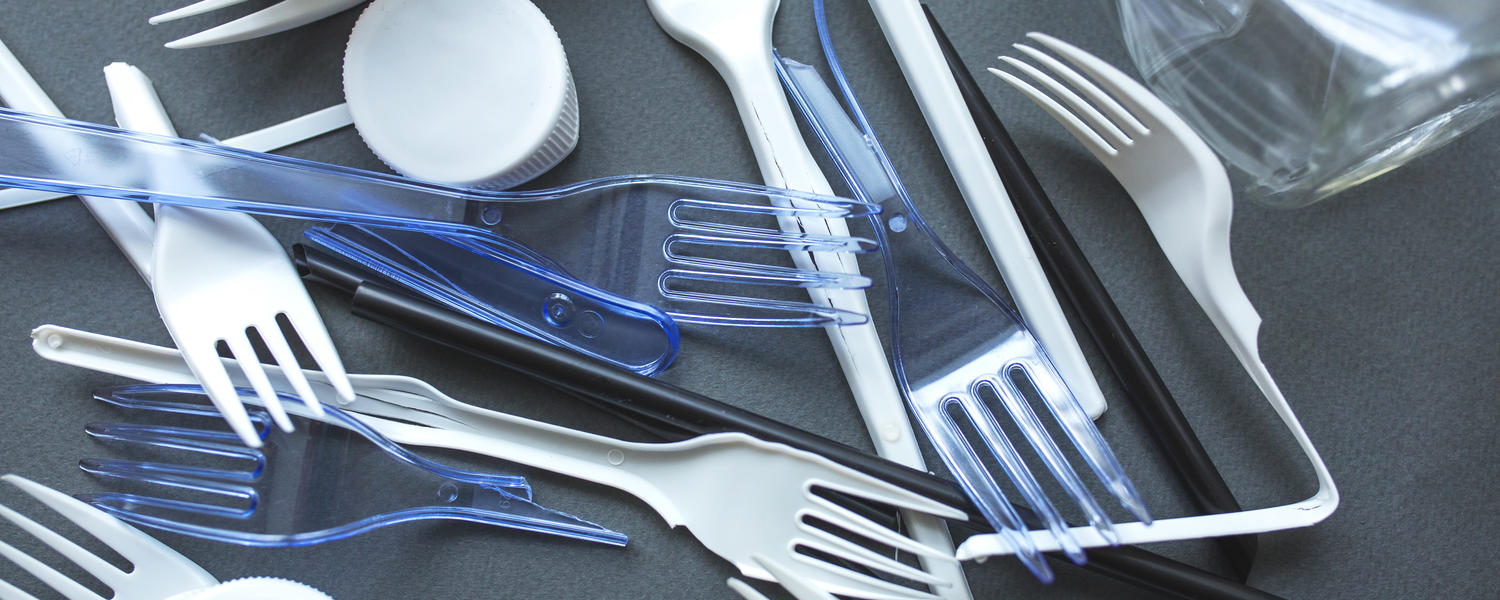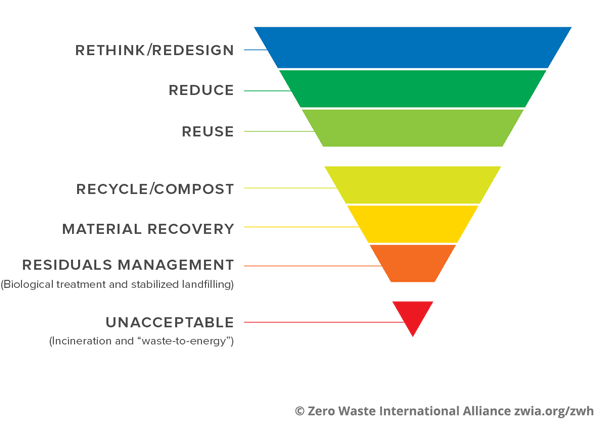
Challenges and Opportunities for Transitioning Out of Single-Use Plastics
Overview:
The University of Calgary has undertaken responsible stewardship towards sustainable development and environmental conservation through creation of the zero-waste campus vision. Over the past three years, it has increased waste diversion by 10 per cent, and envisions achieving 90 per cent and above overall by 2030. Waste diversion refers to diverting waste away from landfills through efforts of reducing waste generation by increasing composting and recycling on campus. The zero-waste goal is achievable through specific objectives, one of which is to support and implement projects that aim to eliminate waste from single-use plastics on campus. The zero-waste vision aligns with UCalgary’s Climate Action Plan for 2030 and United Nations 2030 Sustainable Development Goals (SDG), specifically SDG 11 – Sustainable Cities and Communities, and SDG 12 – Responsible Consumption and Production.
Waste reduction is an effective practice for overall waste elimination. Kruti Mukesh, MSc (SEDV)’20, has had an on-going research focus on exploring challenges and opportunities for transitioning out of the usage of single-use plastics on campus. Single-use plastic items are discarded after being used only once, therefore, create a large environmental footprint from production to disposal. Single-use plastics that are not recyclable or compostable, end up in the landfills or as environmental litter on land and in the oceans. Additionally, the research serves to work towards achieving compliance with single-use plastics ban mandated by the federal government in June 2019. The research project is supported by the Office of Sustainability, the Facilities department and is supervised by Dr. Irene Herremans, PhD, of the Haskayne School of Business.
The main objectives of this research project are:
- Identify challenges and opportunities for transitioning out of single-use plastic items through stakeholder consultation and analysis of best practices.
- Create an effective policy for reducing and eventually eliminating single-use plastic items on campus.
- Advance implementation and adoption of Sustainable Development Goals on campus.
- Contribute towards the zero-waste campus vision.
Outcomes:
- All food and beverage vendors on campus were identified as the primary stakeholders of the project, due to their high usage of single-use plastic items. Vendors were contacted for consultation to identify the challenges and opportunities they foresee in making the transition to zero-waste. As a result of decreased footfalls on campus following the pandemic, several vendors have endured financial hardships and are working with the support of the university to rebuild their business. Hence, engaging stakeholders is necessary for making well-informed decisions, developing an effective and feasible policy, and ensuring a smooth transition. Discussions with stakeholders are being pursued for identifying sustainable alternatives to conventional single-use plastic items.
- A survey, approved by the Conjoint Faculties Research Ethics Board was developed and sent to all to vendors aimed to understand and analyze stakeholders’ opinions on:
- The upcoming federal regulation on single-use plastic ban.
- Significance of single-use plastic items to their business.
- Waste management capabilities at University of Calgary.
- Potential economic impact and other challenges foreseen while undergoing the transition.
- Support expected from UCalgary for enabling a smooth transition.
- A total of 36 per cent survey responses have been recorded. Out of all the respondents 40 per cent of the stakeholders said they foresee facing an economic impact, while 27 per cent admitted to potentially facing difficulty in identifying suitable alternatives and suppliers, while implementing the transition in the near future. Health and safety concerns have been identified by 7 per cent and 20 per cent of them have concerns about the cost and the quality of alternative items.
- An informative video, “7 Simple Actions to Sort your Waste & Recycling Properly”, in support of the project, was created to educate the students, faculty and staff members, on waste disposal and management practices on campus. Adherence to these practices will enable effective collection, segregation and end-of-life treatment for campus waste.
- Coca-Cola sponsored a Zero Waste Challenge, designed to provide a platform for exchange of ideas in advancing UCalgary’s zero-waste goal. Participants that were involved include undergraduate, graduate and post-doctoral students, as well as industry experts. The Hunter Hub for Entrepreneurial Thinking, Facilities Management, the Office of Sustainability and the Sustainable Energy Development program partnered in developing the initiative.
Next steps:
- Analyze survey results once the survey is completed. Study the responses to conduct further discussions for mitigating challenges and identifying favorable practices to eliminate single-use plastic items.
- Develop policy for elimination of single-use plastic items on campus, in collaboration with the Office of Sustainability and the facilities department for achieving compliance.
- Create communication and engagement plan to prepare students, faculty and staff members at the university for the transition. Set up a student committee for addressing questions and concerns arising from the student community regarding the transition and new the policy.
- Conduct research to determine the feasibility of implementing a mug sharing program on campus to reduce the use of single-use beverage cups and lids. This program can be successfully implemented by developing mug washing and sanitizing infrastructure and by assigning suitable and accessible mug drop-off locations across campus.
- Create an awareness program on campus for dissemination of knowledge on appropriate waste management practices as highlighted in the zero waste hierarchy below.
This research was funded in part by the Government of Canada’s Sustainable Development Goals.

